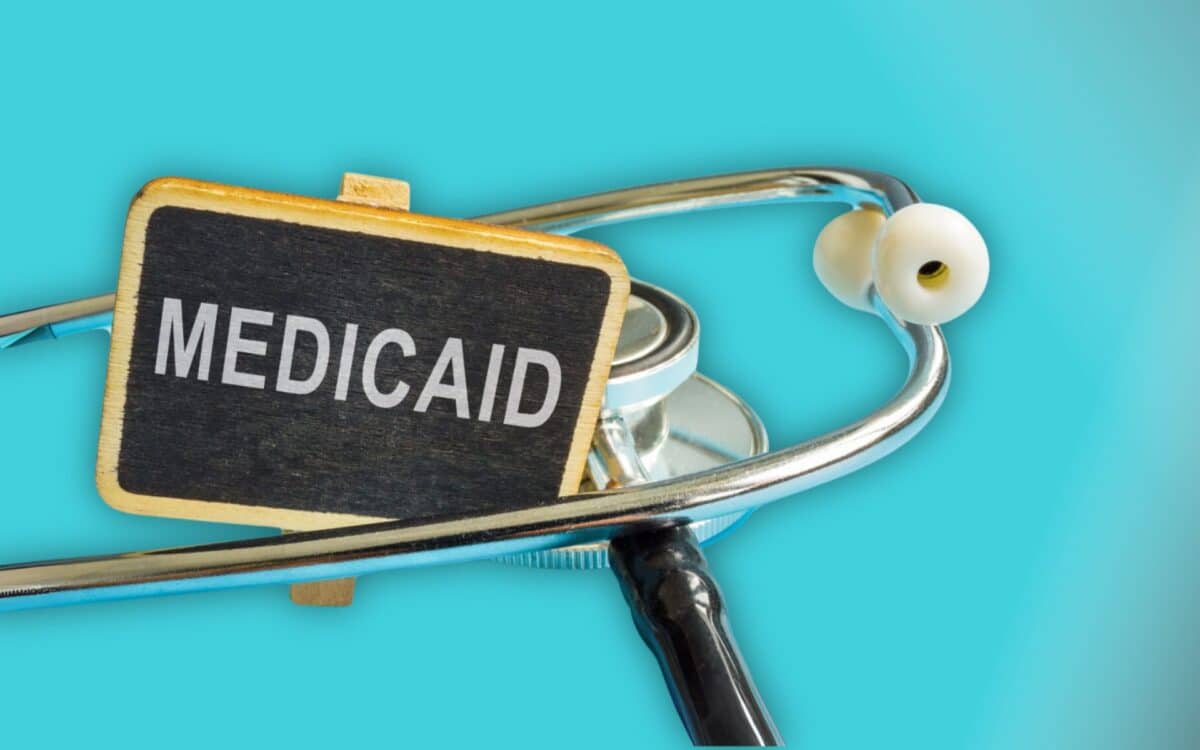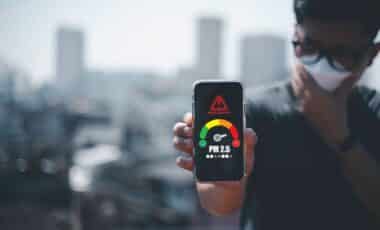Iowa has introduced Senate Bill 615, requiring certain Medicaid recipients to work a minimum of 80 hours per month or join approved job-training programs to keep their benefits. This development follows a rising national trend, with several states implementing similar measures under evolving federal guidelines.
Newsweek reports that this bill could affect thousands of residents, triggering debates on its potential impacts. While some believe it will encourage self-sufficiency, critics argue it could cause many to lose crucial healthcare coverage.
The changes are expected to take effect as early as 2026, potentially reshaping the state’s Medicaid system.
What the Bill Entails
The bill, which was passed by the Iowa Senate, requires many Iowans using Medicaid to work at least 80 hours a month to remain eligible for benefits.
Exemptions apply to individuals under the age of 19, over 65, pregnant, those acting as caregivers for children under 6, and people with disabilities.
There are also additional exceptions for those deemed medically exempt from the work requirements, which will affect around 12% of the 181,000 Iowans enrolled in the state’s Medicaid expansion program, the Iowa Health and Wellness Plan (IHAWP).
The bill aims to encourage work among able-bodied individuals and includes participation in job-training programs as part of the requirement.
According to the fiscal report from the Legislative Services Agency (LSA), of the 181,000 enrollees, 158,000 are non-medically exempt from the work requirements, with approximately 10% of them likely to be exempt due to specific provisions in the bill.
Potential Impact on Medicaid Recipients
The LSA report predicts that around 32,000 Iowans may lose their Medicaid coverage due to these new requirements. The reasoning behind this is that some individuals who are not currently working or involved in training may struggle to meet the new 80-hour monthly requirement.
Additionally, the bill estimates that Medicaid expenditures in Iowa will decrease by approximately $3.1 million in fiscal year 2026 and $17.5 million in fiscal year 2027 as a result of these changes.
The new work requirements are expected to affect people who are able-bodied and not exempt from the rule. However, the bill does not remove Medicaid coverage from those who are unable to meet the work requirement due to physical limitations, age, or other valid exemptions.
What People Are Saying
The debate over the bill has already sparked strong opinions. Iowa Governor Kim Reynolds expressed her support for the bill, writing on X (formerly Twitter),
If you can work, you should. It’s time to refocus Iowa’s Medicaid program on its core population—aged, disabled, and children. Thank you to the House HHS Committee for passing the Medicaid Work Requirements bill!
On the other hand, Iowa State Senator Zach Wahls, opposed the bill, stating,
Work Requirements with common-sense exemptions is one thing — putting healthcare for 180,000 Iowans into the hands of Washington DC bureaucrats is a totally different thing. Medicaid Expansion has helped 180,000 Iowans, and today, Iowa Republicans voted to put them in danger.
Financial Implications for the State
While the state aims to save money with these new requirements, the expected financial impact on those losing their coverage may be considerable. The fiscal report by the LSA projects that Medicaid expenditures will decline by $3.1 million in 2026 and $17.5 million in 2027.
Though this reduction in state Medicaid expenditures appears beneficial, it also raises questions about the long-term consequences of removing coverage for those who may be unable to meet the work requirement.
Broader National Context
This new law follows a national trend as more states, and potentially the federal government, are pursuing similar work requirements for Medicaid.
According to a report from the Robert Wood Johnson Foundation, over 5 million Americans could lose Medicaid coverage if similar requirements are enacted nationwide by 2026.
The debate surrounding work requirements reflects a growing division on how best to balance the goals of Medicaid: providing healthcare to the most vulnerable populations while incentivizing work and self-sufficiency.









